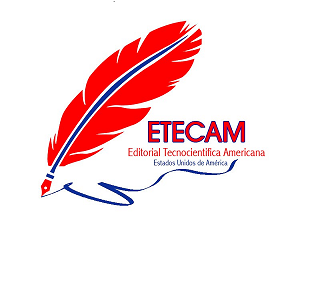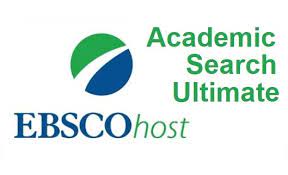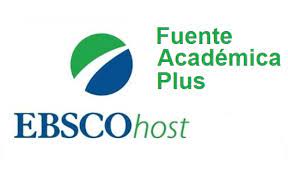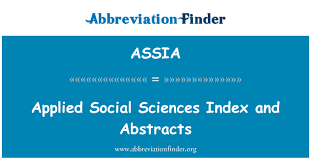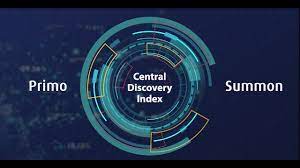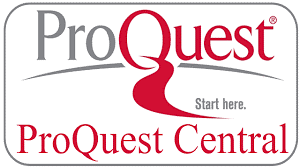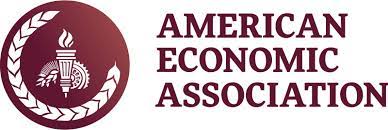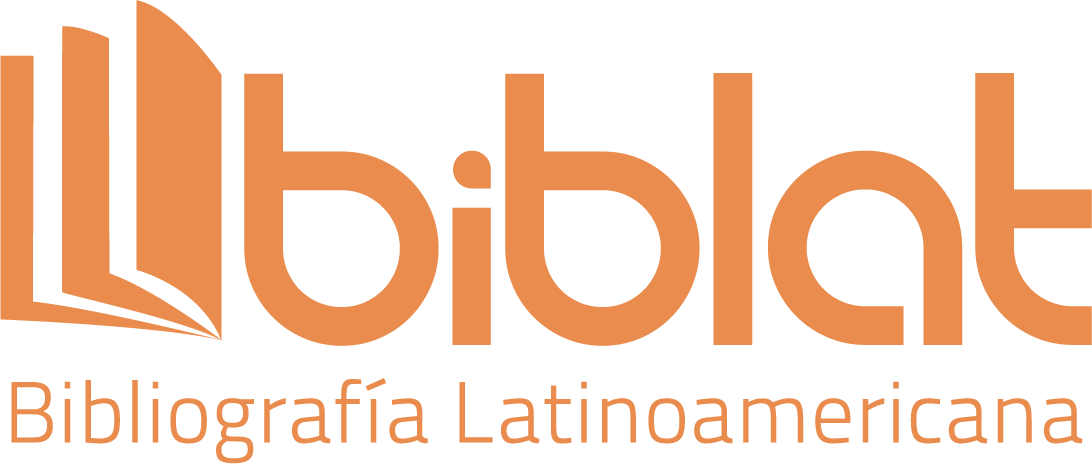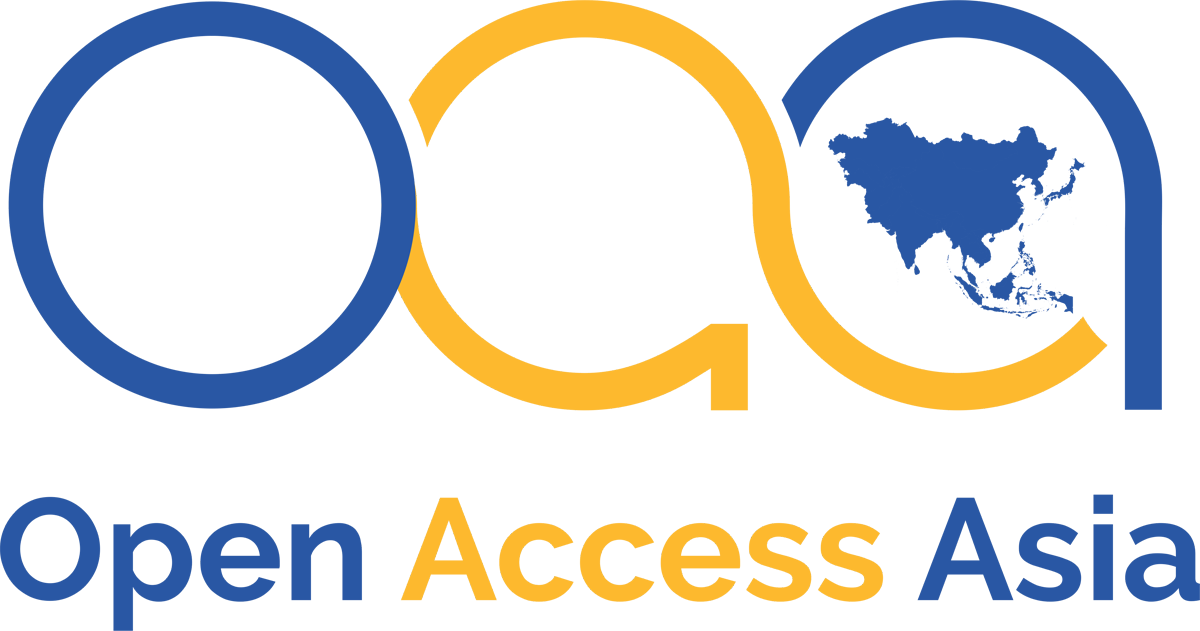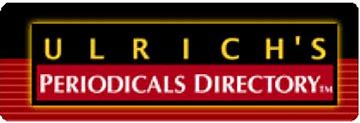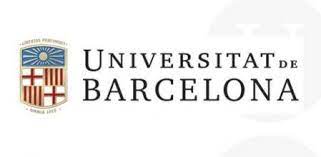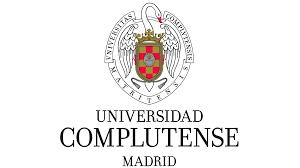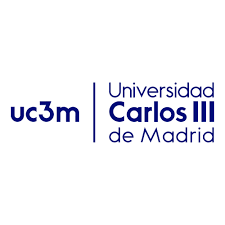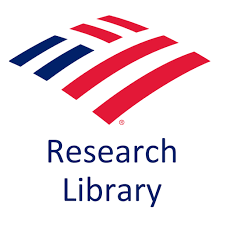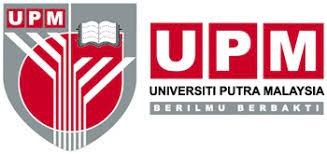Methodological strategies based on collaborative learning to improve the academic performance of Higher Basic students in Natural Sciences
DOI:
https://doi.org/10.51736/sa.v7iEspecial%204.299Keywords:
methodological strategies, collaborative learning, Natural Sciences, academic performance, methodological guide.Abstract
Student academic performance is one of the fundamental attributes of teaching activity in the quality of the educational system where the priority is that the student is able to put their knowledge into practice. However, the use of inappropriate methodological strategies has an unfavorable impact on the student's cognitive development. The present work is based on an analysis of the didactic and methodological process for the understanding of the facts in the search to point out the causes, find the effects and provide possible solutions to the lack of methodological strategies for Natural Sciences, a mixed approach was used with scope descriptive about the reality in which the classes take place, initial diagnosis through observation; To collect data, an online survey was used, applied to 24 students, and interviews with 4 teachers in the area of Natural Sciences. The results obtained reflected that 87.5% of the students consider that teachers teach their classes in a traditional way or are unaware of active methodologies, likewise 85% consider that collaborative learning motivates them to learn, which led to the realization of a guide to methodological strategies based on collaborative learning, in order to be used by teachers committed to positive change in education.
Downloads
References
Ayón, E. y Víctores, M., (2020). La simulación: Estrategia de apoyo en la enseñanza de las Ciencias Naturales en básica y bachillerato, Portoviejo, Ecuador. Revista Científica de Ciencias, 6(2), 4-22.: https://doi.org/http://dx.doi.org/10.23857/dc.v6i3.1204
Barrera, F., Venegas, J., & Ibacache, L. (2022). El efecto del Aprendizaje Basado en Proyectos en el rendimiento académico de los estudiantes. Revista de estudios y experiencias en educación, 21(46), 277-291. http://dx.doi.org/10.21703/0718-5162.v21.n46.2022.015
Burch, M. y Melby, E. (2019). Teaching and evaluating collaborative group work in large visualization courses. En ACM International Conference Proceeding Series (pp. 1-8). https://doi.org/10.1145/3356422.3356447.
Coronel, R., Álvarez, M., & Lozano, R., (2021). Aprendizaje Basado en Proyectos en el proceso de enseñanza – aprendizaje Escuela de Educación Básica “Despertar”. Ciencias Sociales y Económicas, 5(2), 85–103. https://doi.org/10.18779/csye.v5i2.485
Durán, C. & Rosado, A. (2020). Aprendizaje activo e innovación en estudiantes de ingeniería. Revista colombiana de tecnologías de avanzada, 1(31), 127-135. https://bit.ly/3yJlxov
Escobar, J. y Rentería, D. (2019). Estrategias didácticas que favorecen el aprendizaje de las ciencias naturales y ciencias sociales en los estudiantes de los grados 9, 10 y 11 en la institución educativa Manuel Francisco Obregón de Pinillos Sur de Bolívar. Universidad de Cartagena. http://dx.doi.org/10.57799/11227/1255
Koerber, S., y Osterhaus, C. (2019). Individual Differences in Early Scientific Thinking: Assessment, Cognitive Influences, and Their Relevance for Science Learning. Journal of Cognition and Development, 20(4), 510-533.: https://doi.org/10.1080/15248372.2019.1620232
Mora, W., Carranza, L., & Palíz, C. (2019). El aprendizaje basado en proyecto: Realidad y perspectivas. Journal of Science and Research, 4(4), 22–33. Recuperado a partir de https://revistas.utb.edu.ec/index.php/sr/article/view/687.
Menéndez, G., Moreira, M., Vélez, C., Bailon, A., & Vera, A., (2022). Aprendizaje cooperativo y el rendimiento académico en estudiantes del primer año de bachillerato unidad educativa soldado Monge-El Empalme, 2020. Ciencia Latina Revista Científica Multidisciplinar, 6(3), 1525-1547. https://doi.org/10.37811/cl_rcm.v6i3.2310
Moreira-Chóez, J. S., Beltron-Cedeño, R. A., & Beltrón-Cedeño, V. C. C. (2021). Aprendizaje significativo una alternativa para transformar la educación. Dominio De Las Ciencias, 7(2), 915–924.: https://doi.org/10.23857/dc.v7i2.1835
Vargas, K., Yana, M., Perez, K., Chura, W., & Alanoca, R. (2020). Aprendizaje colaborativo: una estrategia que humaniza la educación. Revista Innova Educación, 2(2), 363-379.: https://doi.org/10.35622/j.rie.2020.02.009
Vargas, G., (2022). Aprendizaje colaborativo y rendimiento académico en la asignatura de Ciencias Naturales (Master's thesis, Pontificia Universidad Católica del Ecuador).: https://repositorio.pucesa.edu.ec/handle/123456789/3913
Pérez, J., Alcalá, M., Carrillo, M., y Arellano, W. (2022). Clima escolar familiar y su relación con el rendimiento académico: Aplicación en instituciones educativas rurales. Revista de Ciencias Sociales (Ve), XXVIII(Especial 6), 110-125.
Chadwick, C. (1979). Tecnología Educacional para el Docente. Paidós.
Published
How to Cite
Issue
Section
License
Copyright (c) 2024 John Enrique Zambrano Zambrano, Adriana Fernanda Vera Bravo, Aurora Del Rocío Munzón Cáceres, Gladys Sonia Tanguila Licuy, Rosa Mercedes Lema Guallpa

This work is licensed under a Creative Commons Attribution-NonCommercial-ShareAlike 3.0 Unported License.













